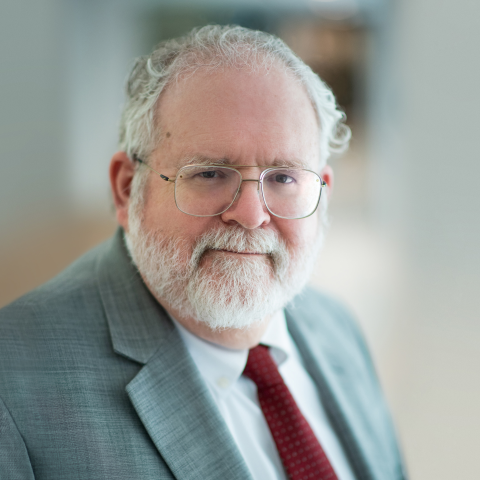Earlier this week, the Wall Street Journal ran a fascinating piece, worth reading in full, about how American missionary organizations are scaling back their global footprint in the face of budgetary pressures and increased competition from missionaries hailing from the non-Western world:
Peter and Jennie Stillman felt a divine calling to preach the gospel abroad. So the Southern Baptist couple left Texas with their three young daughters 25 years ago and became missionaries in Southeast Asia.
Now, the Stillmans are responding to a new call: early retirement. They are among hundreds of Southern Baptist missionaries working abroad who are being summoned home in a move to slash costs, after years of spending to support missionary work around the world led to budget problems. […]
The cuts to the program, considered America’s flagship evangelical missionary organization, underscore a fundamental change in mission work as the church becomes more global and the tradition of lifetime assignments for Christian missionaries sent “from the West to the rest” declines.
The most important news here is that the spread of Christianity around the globe is changing the nature of world missions—there are relatively fewer (expensive) Americans, and relatively more Brazilians, Koreans, and even Indians. As of 2010, according to the Journal, these countries had more than 60,000 Christian missionaries spreading the word abroad.
More broadly, however, the story should remind us of the overlooked importance of American missionaries in shaping the history of this country and the world. Evangelical missionaries aren’t fashionable topics today, and missionary history is almost totally neglected by the educational establishment, but the almost 200 years of American foreign missions has been one of the most consequential long-term movements in American history.
American missionaries played a crucial role in the rise of Christianity in East and South Asia, sub-Saharan Africa, the Pacific Islands and of Protestantism in Central and South America—an epic tale of courage, sacrifice (and occasional follies and missteps) that, for most Americans under 50, is completely unknown and untold. In the 19th and 20th centuries, missionaries opened professional doors to women both here and abroad, helped lead lead the the attack on segregation in the United States upon their return (to say nothing of the anti-slavery movement), and spread ideas about democracy, development, and medical education around the world. Missionaries and their children have also been closely involved with American foreign policy and diplomatic service.
You can spend a lifetime in elite American schools and colleges without knowing that any of this ever happened—or that more than 100,000 Americans are serving abroad in this capacity today. This is one of many ways that Americans are losing touch with some of the important values and movements that shaped and continue to shape this country and the world.
Changes in communication technology, faster travel in an age of jets, and above all the rise of vibrant Christian communities across the global South, are changing the mission of Americans seeking to share their faith overseas, and this change has driven and will drive more changes in the ways missionary agencies work.
But if Americans are going to understand their own history and society, much less the nature of America’s role in world affairs, our colleges and schools are going to have to recover one of the most dramatic and consequential elements of the American story.















